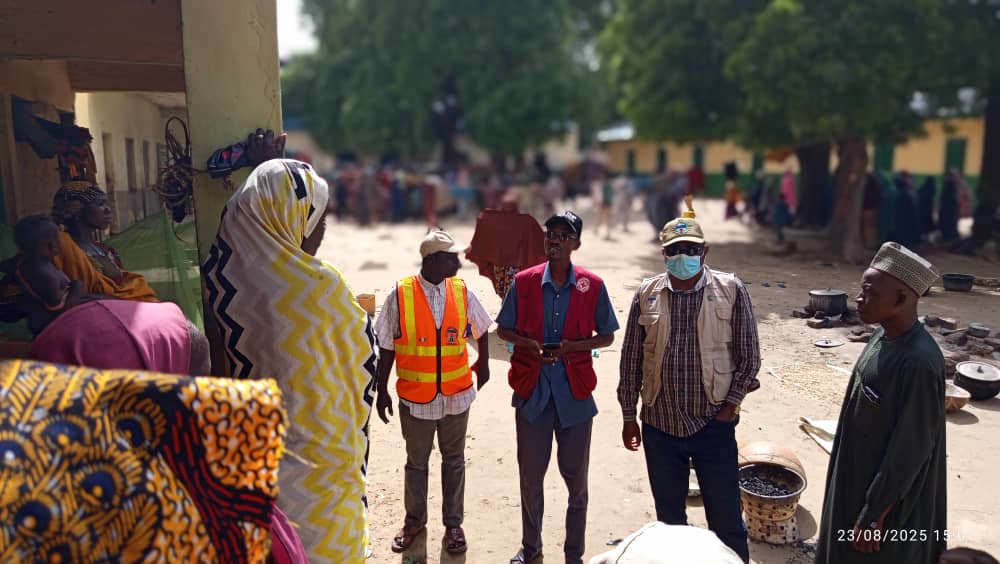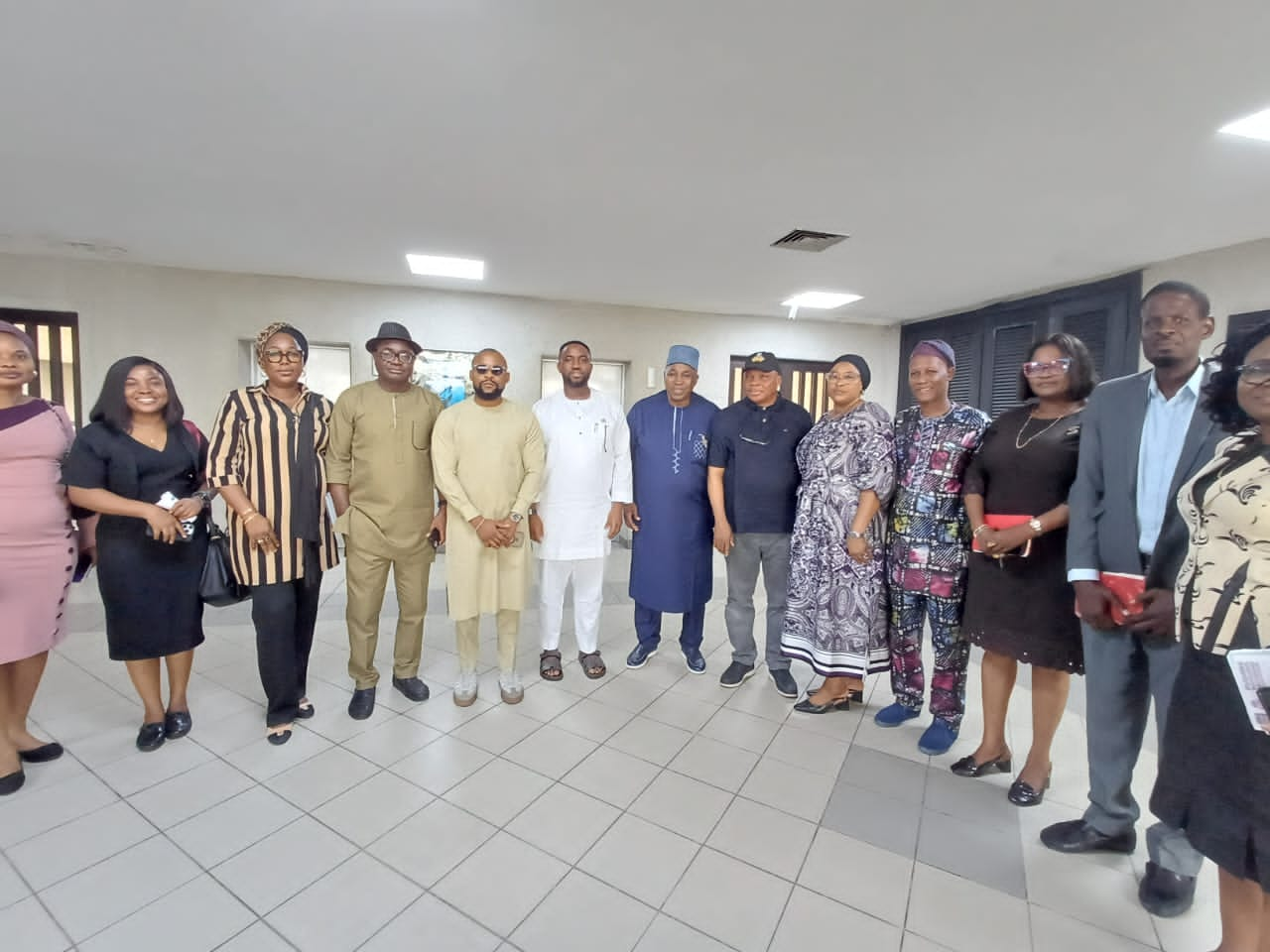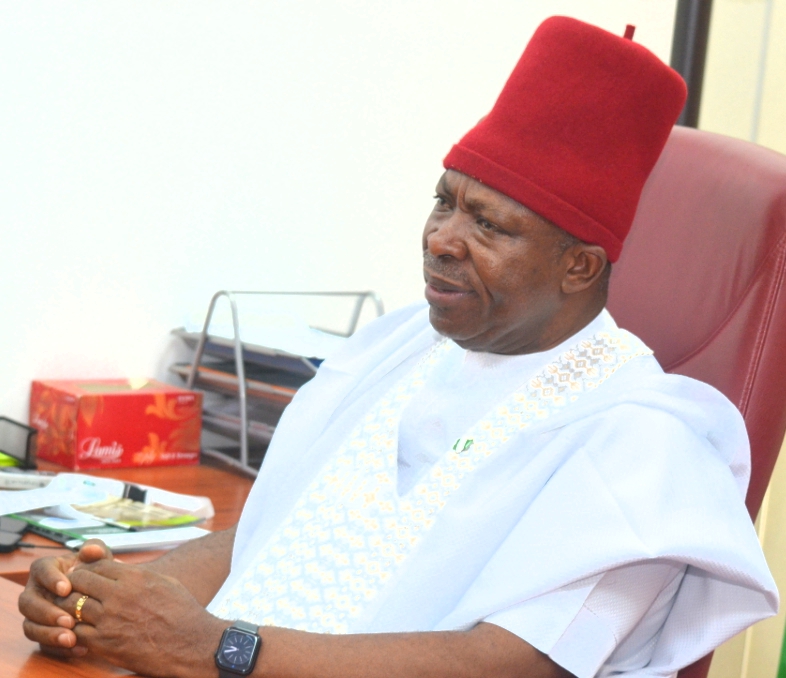6 Dead, 3 Missing in Sabon-Birni Canoe Mishap, NEMA Leads Rescue

SABON-BIRNI, Sokoto State – Tragedy struck in Garin-Faji, Sabon-Birni Local Government Area of Sokoto State, on Friday as a canoe carrying 30 people capsized, leaving six dead and three others missing.

According to a press statement signed by Ezekiel Manzo Head of Press Unit, National Emergency Management Agency (NEMA), 21 people, including two canoe operators, survived the accident. The bodies of the six victims were recovered and buried according to Islamic rites before rescue officials arrived at the scene.

A joint search and rescue operation is ongoing to locate the remaining three missing persons. The operation involves NEMA’s Sokoto Operations Office, the National Inland Waterways Authority (NIWA), Sokoto State Emergency Management Agency (SEMA), the Nigerian Army, the Nigerian Red Cross, Sokoto State Ministry of Works, local government officials, traditional leaders, and the lawmaker representing Sabon-Birni in the State Assembly.
READ ALSO: NDLEA Arrest Widow Smuggling Cocaine with Fake Pregnancy Belly in Lagos
Nigeria, Japan Explore Strategic Partnership to Boost Mining Investment
In the statement, NEMA called on regulatory authorities to strictly enforce safety measures on waterways, particularly the mandatory use of life jackets by passengers and crew on commercial and transport vessels.
“The Sokoto Operations Office is closely monitoring the search and rescue operations and will continue to provide updates on the incident,” NEMA said.





